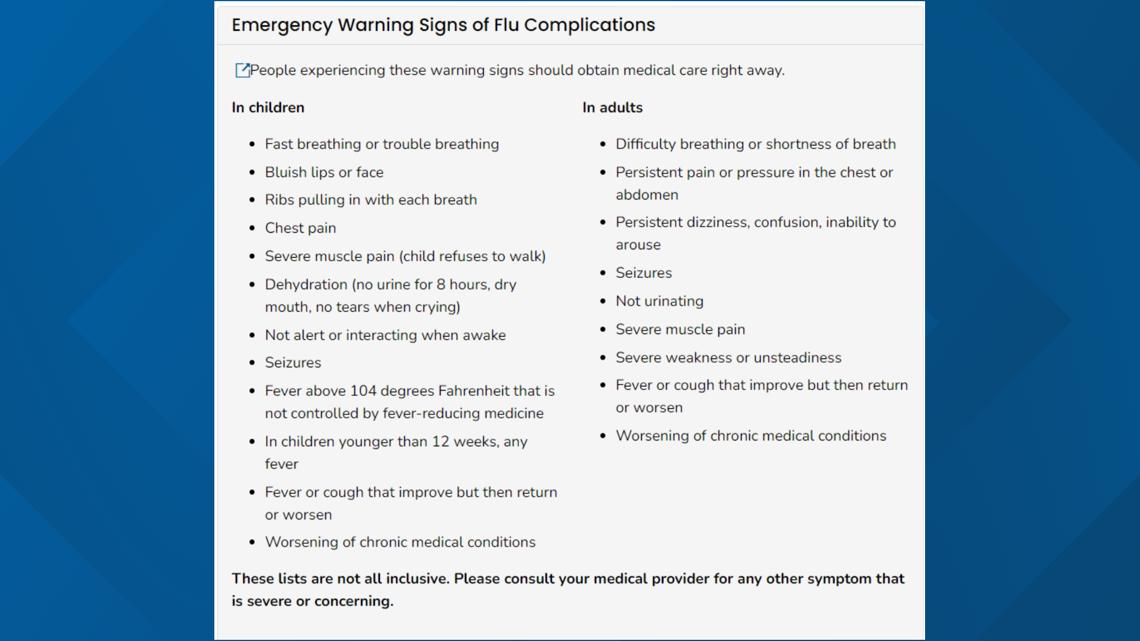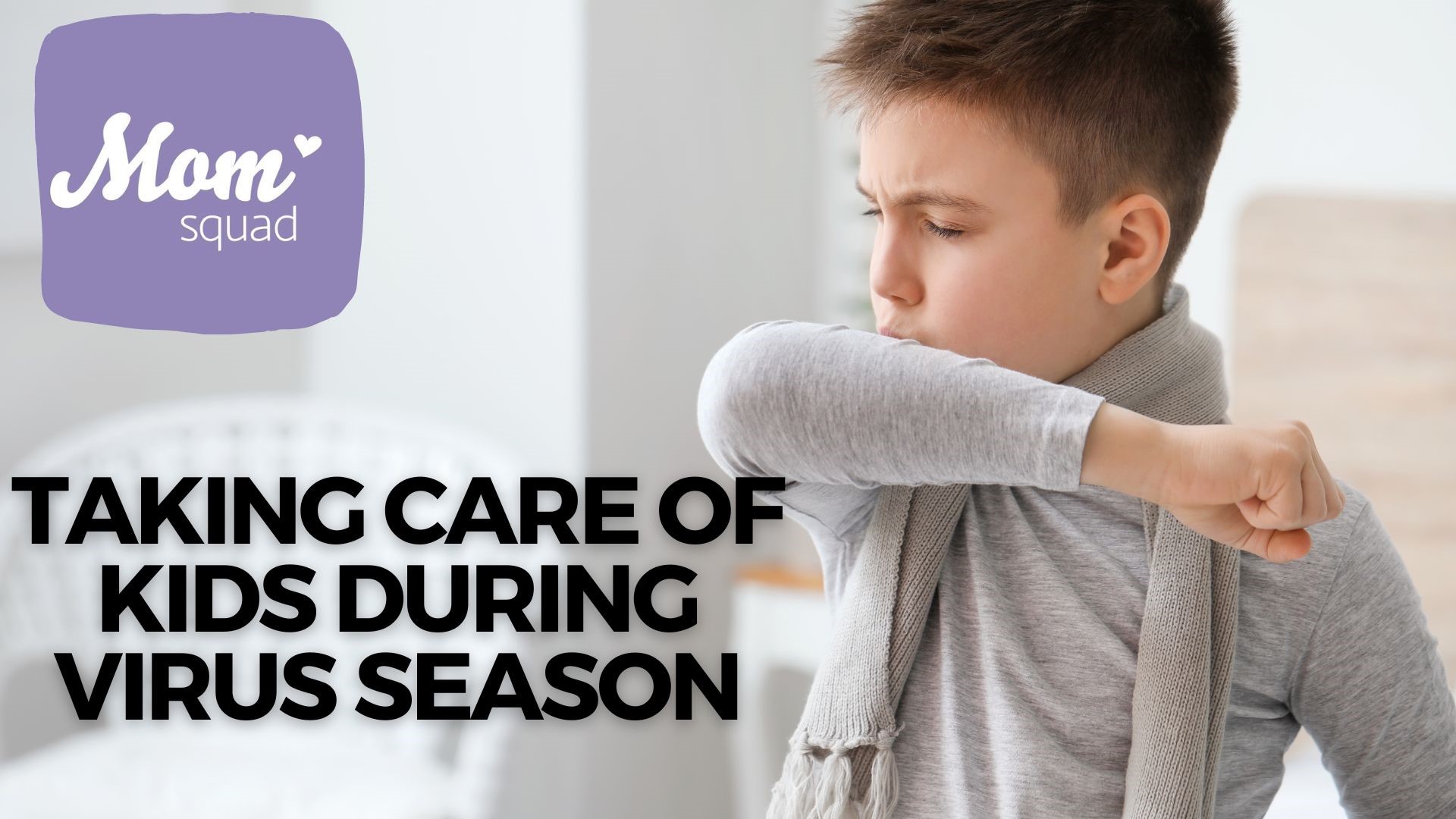BUFFALO, N.Y. — With children going back to school the first week of September, there's always the possibility of more cases of COVID-19 or other respiratory illnesses, like the flu or RSV.
New York Governor Kathy Hochul and State Health Commissioner Dr. James McDonald are encouraging New Yorkers to get the New COVID-19 vaccine to help reduce the risks associated with COVID-19.
“Now is the time to get the new COVID-19 vaccine to help protect your family and your community,” Governor Hochul said. “As in years’ past, we’re putting health first and making it easy for all eligible New Yorkers to get the new vaccine at any pharmacy statewide.”
“Getting a COVID-19 vaccine is the most effective protection against being admitted to a hospital or suffering from Long COVID, so I'm once again encouraging all those eligible to prioritize their health and get vaccinated. As we enter the fall season, when respiratory viruses circulate, New Yorkers should get the vaccine to protect themselves from COVID-19 so they can risk less and live well, said Dr. McDonald.
The Center for Disease Control (CDC) recently updated their guidelines this year for those with respiratory illnesses.
Here are the symptoms you may experience with COVID-19, according to the CDC:
- Fever or chills
- Cough
- Shortness of breath or difficulty breathing
- Sore throat
- Congestion or runny nose
- New loss of taste or smell
- Fatigue
- Muscle or body aches
- Headache
- Nausea or vomiting
- Diarrhea
Health officials say you can go back to your normal activities when, for at least 24 hours:
- Your symptoms are getting better overall, and
- You have not had a fever (and are not using fever-reducing medication
There was a slight uptick on COVID-19 cases in during the months of July and August across the state and in Western New York, according to the New York State Department of Health's COVID-19 data.
Even though symptoms have started to improve, and you have no fever, you should still take precautions for at least five days to prevent the spread of a respiratory illness. The CDC recommends practicing good hygiene, like washing your hands, wearing a mask, physical distancing, testing and staying in clean, open air.
If you are not seeing any improvement in your symptoms, or you are considered high risk, you should seek treatment from your primary care provider.
The CDC also recommends staying up to date with COVID-19 vaccines. They say that while people are are vaccinated can still get COVID-19, the risk of getting very sick, being hospitalized or dying from COVID-19 is significantly lowered. Anyone six months or older are eligible to get a COVID-19 vaccine.
RSV
Respiratory syncytial virus is another respiratory virus that can be severe for those most vulnerable, such as children and the elderly. Adults ages 60 and older, as well as infants and young children are at risk for severe RSV.
Symptoms of RSV include:
- Runny nose
- Decrease in appetite
- Coughing
- Sneezing
- Fever
- Wheezing
The CDC recommends adults 75 and older receive the RSV vaccine in late summer-early fall.
For infants and young children, the CDC recommends either maternal RSV vaccination or infant immunization with RSV monoclonal antibodies.
INFLUENZA
Seasonal influenza activity is low right now, according to the CDC. Those numbers are expected to ramp up as we head towards fall and winter months.
The flu can cause mild or severe symptoms and come on suddenly. Here are some of the symptoms you might have the flu:
- fever* or feeling feverish/chills (although some might not have a fever)
- cough
- sore throat
- runny or stuffy nose
- muscle or body aches
- headaches
- fatigue (tiredness)
- some people may have vomiting and diarrhea, though this is more common in children than adults.
While most people who get the flu will recover within a week or two, some can develop serious complications that could be life-threatening or result in death.


The CDC also recommends getting the flu vaccine for everyone six months and older.

